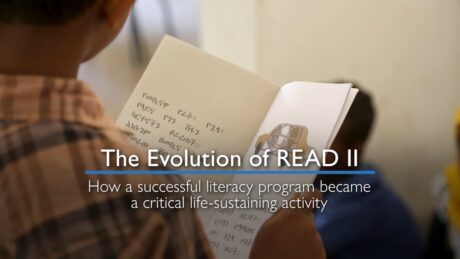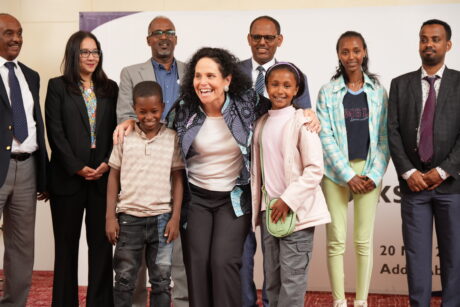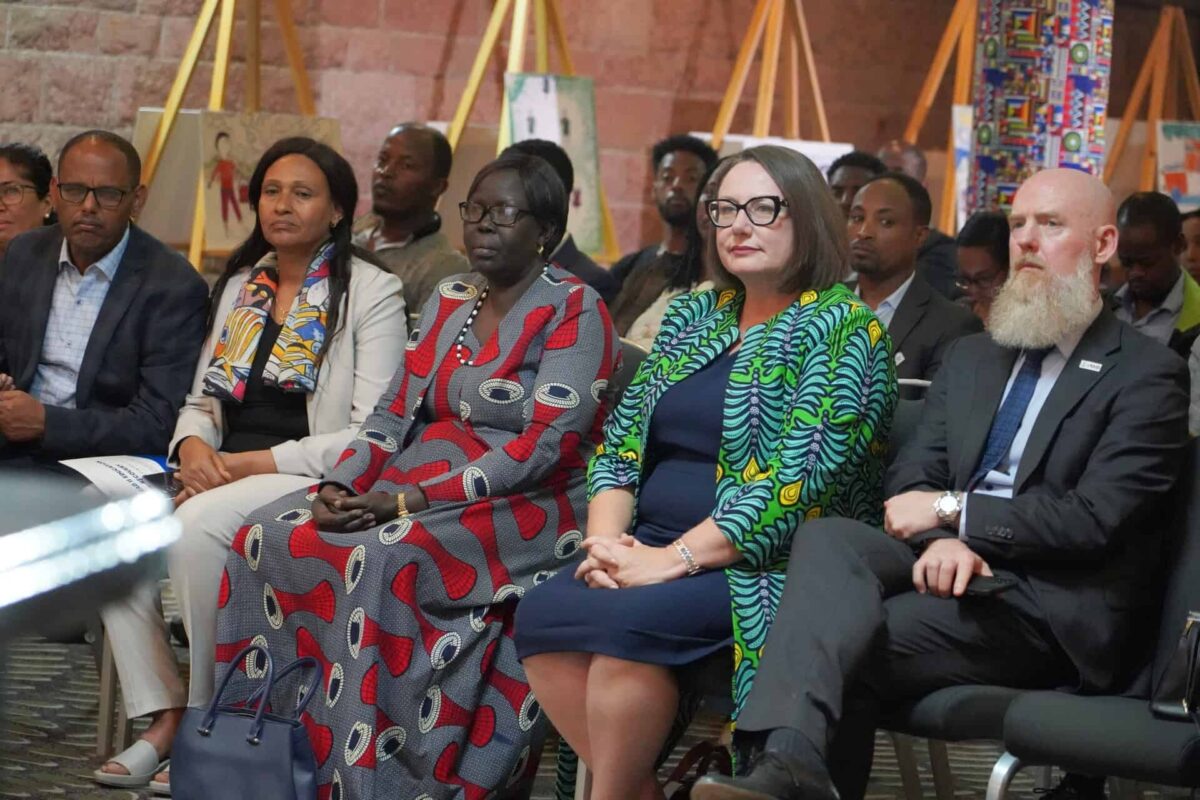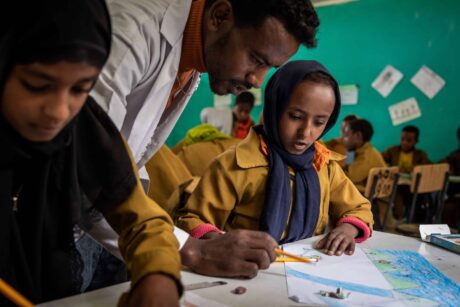More than 15 million Ethiopians in grades 1 to 8 – particularly girls and at-risk students – will benefit from improved literacy instruction program called READ II, which officially launched at a ceremony held in the Amhara region.
The U.S. Agency for International Development-funded READ II project aims to boost the quality of literacy instruction and student support by focusing on teachers and community and regional level educators and supervisors. READ II is also designing programing focused specifically on adolescent girls, children at risk and children with vulnerabilities caused by displacement and emergencies.
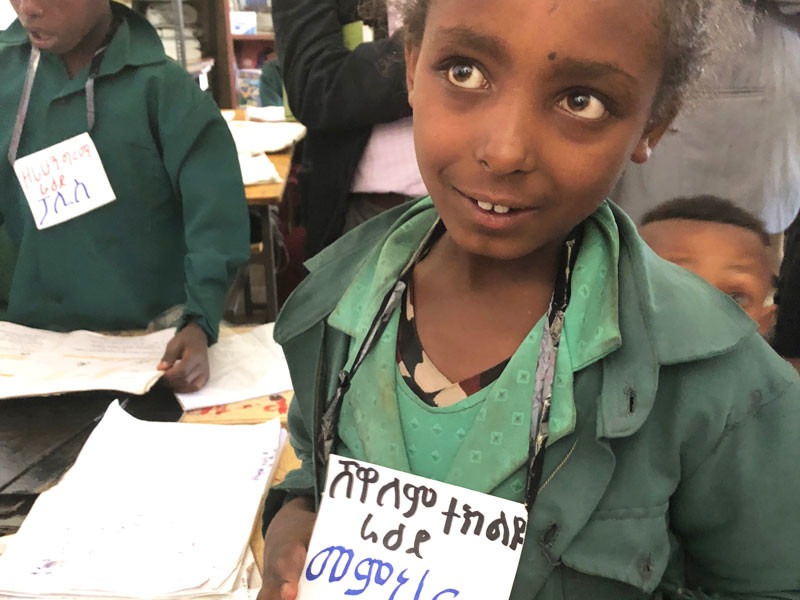
The Nov. 8 launch in Debre Berhan in the Amhara region was attended by Ethiopian and U.S. officials, educators, community members and, importantly, primary school students.
“The better educated young Ethiopians are, the better the country will be. That is why we’re investing resources in students like you,” U.S. Ambassador Michael Raynor told the students at the launch ceremony at Bakello Primary School.
A 2010 USAID-funded assessment of Ethiopia’s early grade reading found “approximately one-third of second graders were non-readers and approximately half scored zero on a comprehension test”. The five-year, $86 million project is a cornerstone of the country’s education strategy and USAID’s commitment to partnering to build a stronger, more self-reliant Ethiopia.
The project is implemented by Creative Associates International, along with its core partners Education Development Center, International Rescue Committee and World Vision.
In his opening remarks Bakello Primary School Director, Bezuayehu Gerefe, emphasized the important role of the school and community in improving the reading proficiency of students.
For this reason, READ II will engage the community and parents to build a culture of reading in the community through reading camps and clubs and supporting a home literacy environment through parent awareness workshops.
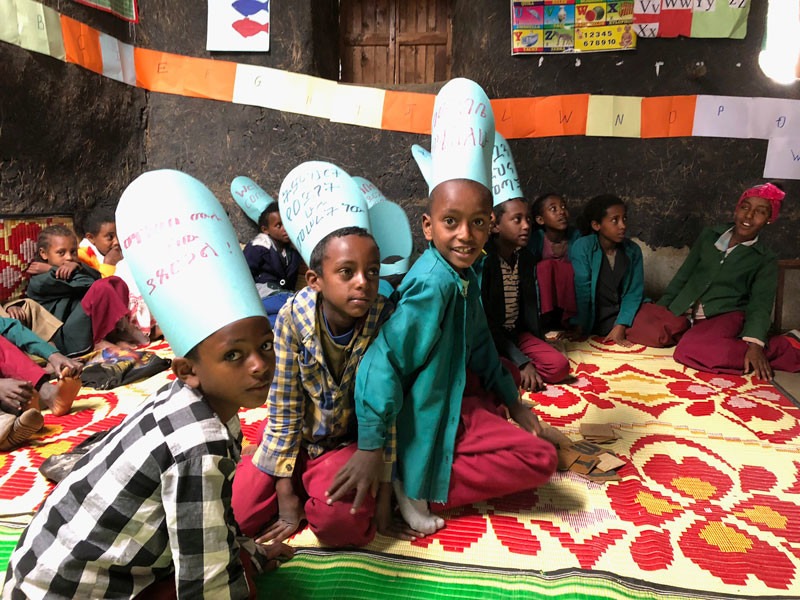
To ensure that the benefits of READ II extend beyond the project’s five years, the Ministry of Education is playing a leading role in the project’s implementation and extending it nationally.
In his remarks, the Minister of Education Dr. Tilaye Gete stated: “Building on the successes of READ TA (a predecessor project), READ II will go beyond the administrative structures into classrooms helping teachers effect change and further learning outcomes for all students.”
Important work lies ahead as the project moves forward, investing in teachers, reaching vulnerable and displaced learners, and building a culture of reading.
